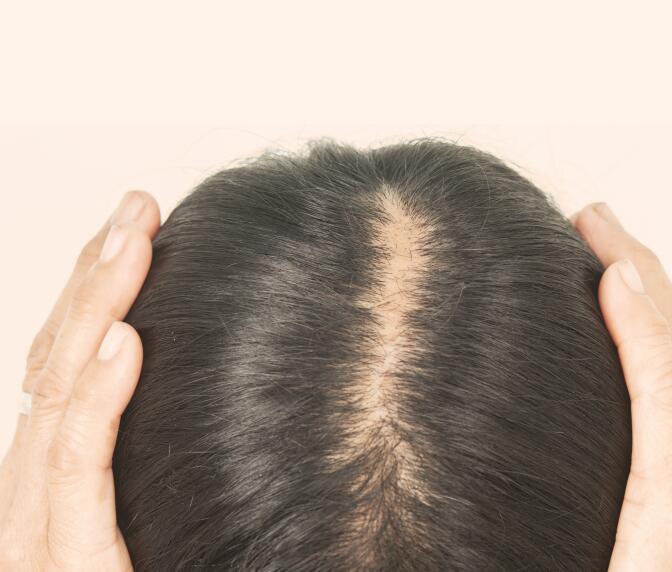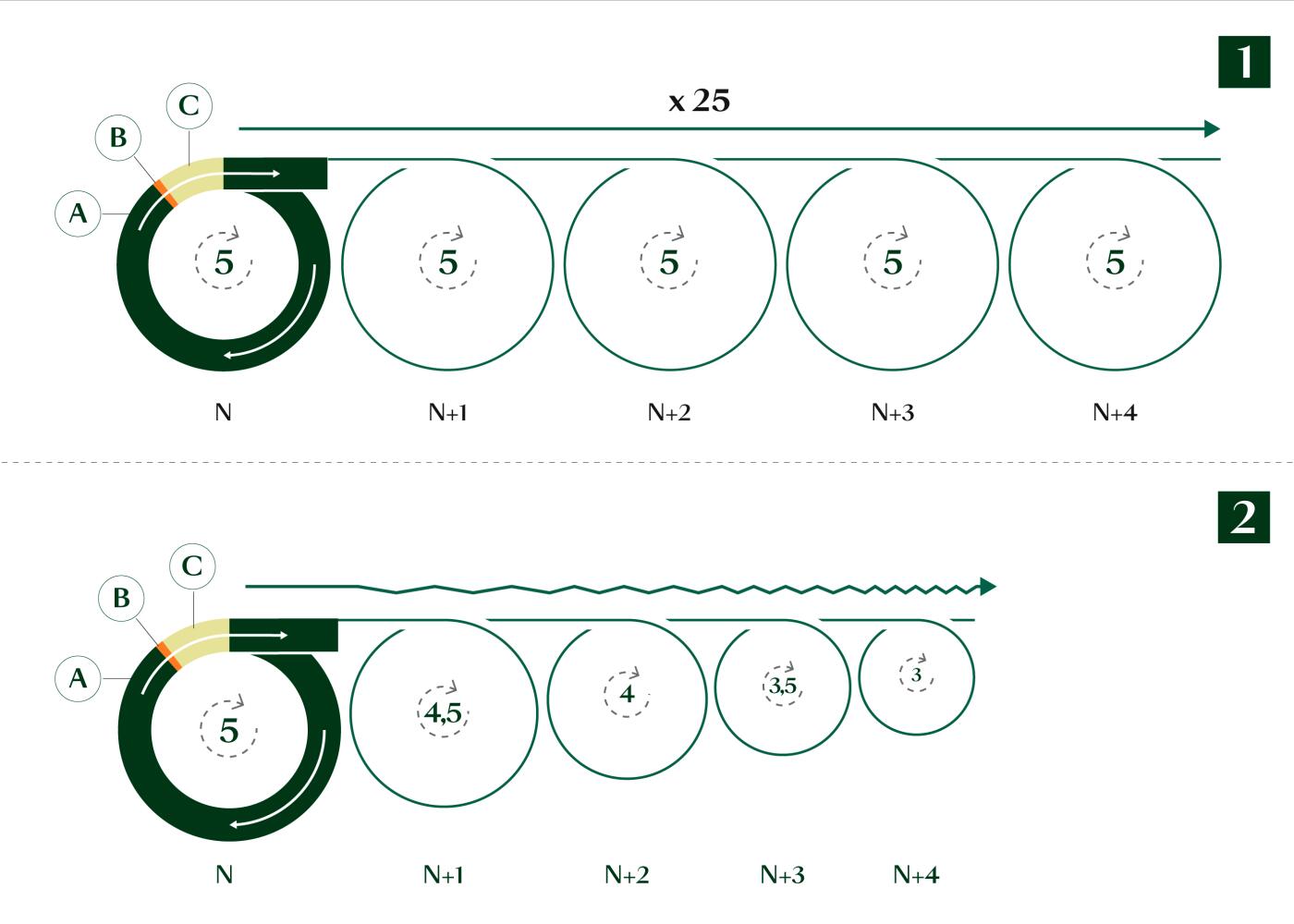" I am almost 50 years old. Menopause is coming, I'm starting to lose my hair. Can I limit hair loss? "
Hair loss is a concern that women may face during the major biological event that is menopause.
Characterized by specific external symptoms such as hot flashes, mood swings, weight gain, this pivotal period for women also poses many questions about motherhood, now over, and femininity.
So, if their hair also comes to betray them by losing its splendor and its volume, it can be a very difficult period!
Fortunately, there are effective solutions to limit the negative effects of menopause which cause women to lose their hair.
How to recognize progressive hair loss in women?
Every day, following their natural life cycle, some hairs die, and others are born. We lose between 40 and 80 hairs every day.








